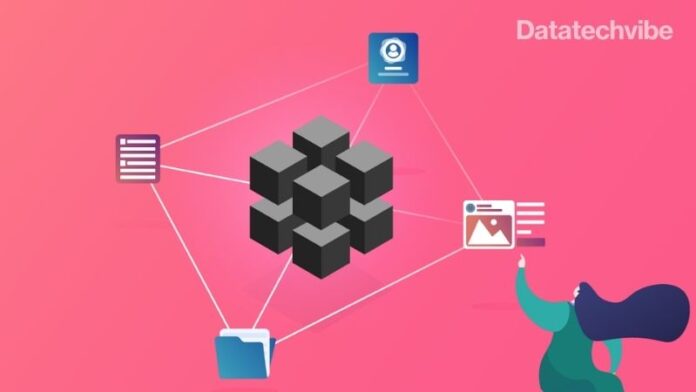Businesses across different sectors tightening their budgets due to economic challenges brought by the pandemic. And, most organisations primarily focused on preserving cash flow. However, a greater understanding is needed to invest in data science and develop their teams in the current situation.
The evolving data science applications can boost business continuity as well as growth amid uncertain times. The significance of shifting data science roles can lead to the effective implementation of business solutions.
Data Science Boost Forecasting and Simulations
The impact of the pandemic will be felt for years. Hence, businesses need to utilise historical data to anticipate how to sustain efficiently and act on future events. For instance, even with three months of consumer behaviour data, organisations can project different business outcomes amid any unfortunate phase.
Also Read: Top 7 Data Scientists You Must Know About
Businesses can utilise data science tools to build simulation models of operation directly with their consumers – integrating it into the business continuity strategy. An AI-powered business model can facilitate companies to stabilise and drive enhanced outcomes.
Data Science Team is Evolving
A rise in demand for data science across industries drives data scientists’ need, and surveys indicate that there will be over three million new job openings in data science, worldwide. Though hiring has been slowed down for many businesses, data experts’ need is still high as the role continues to evolve, especially in the tech sector.
Translating industry problems to data problems is a top priority to identify data answers. The data need to be articulated into actionable intelligence for decision-makers to apply. The problem statement needs to break down into use cases and connect them with the right data set. This is to understand the limitations of the data sources to solve with analytics.
Similarly, data engineers’ roles are also increasing in importance since the data continues to grow exponentially. Data gathering is an essential step in a company’s data journey, and a majority of the data is dumped into databases.
In many cases, they remain without being mined. Hence, the demand for data engineers is surging to combat this “ignored process” and make data accessible and actionable. In this unprecedented time, this role is highly significant, as companies may miss out on crucial data insights from the past few months.
Read More: The Rise of the ‘M-Factor’
Clearly, data science is no longer limited to select departments of a business. With the widespread crisis in the business ecosystem, various teams working in different industries comprehend its value. As applications grow, data science will become more analogous, and more organisations will realise that the only to operate is by adopting data-driven approaches.









